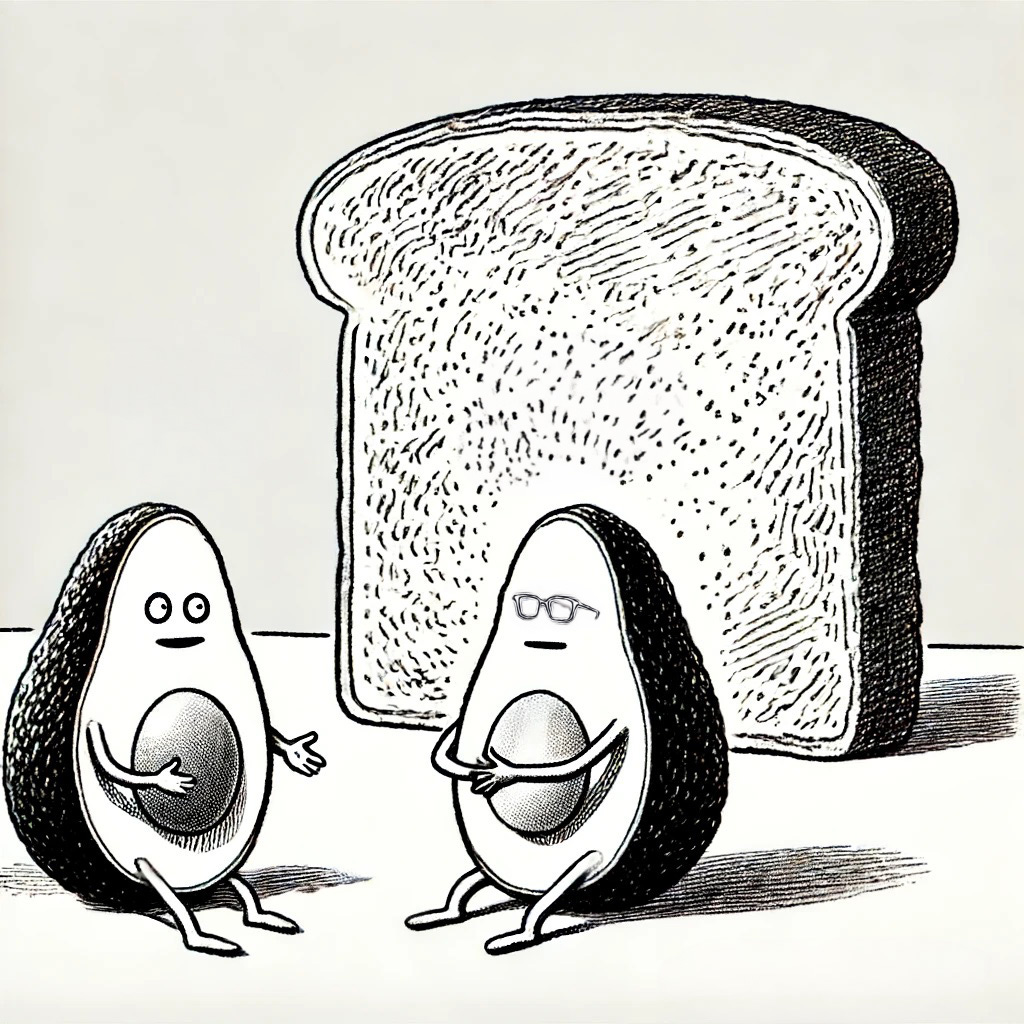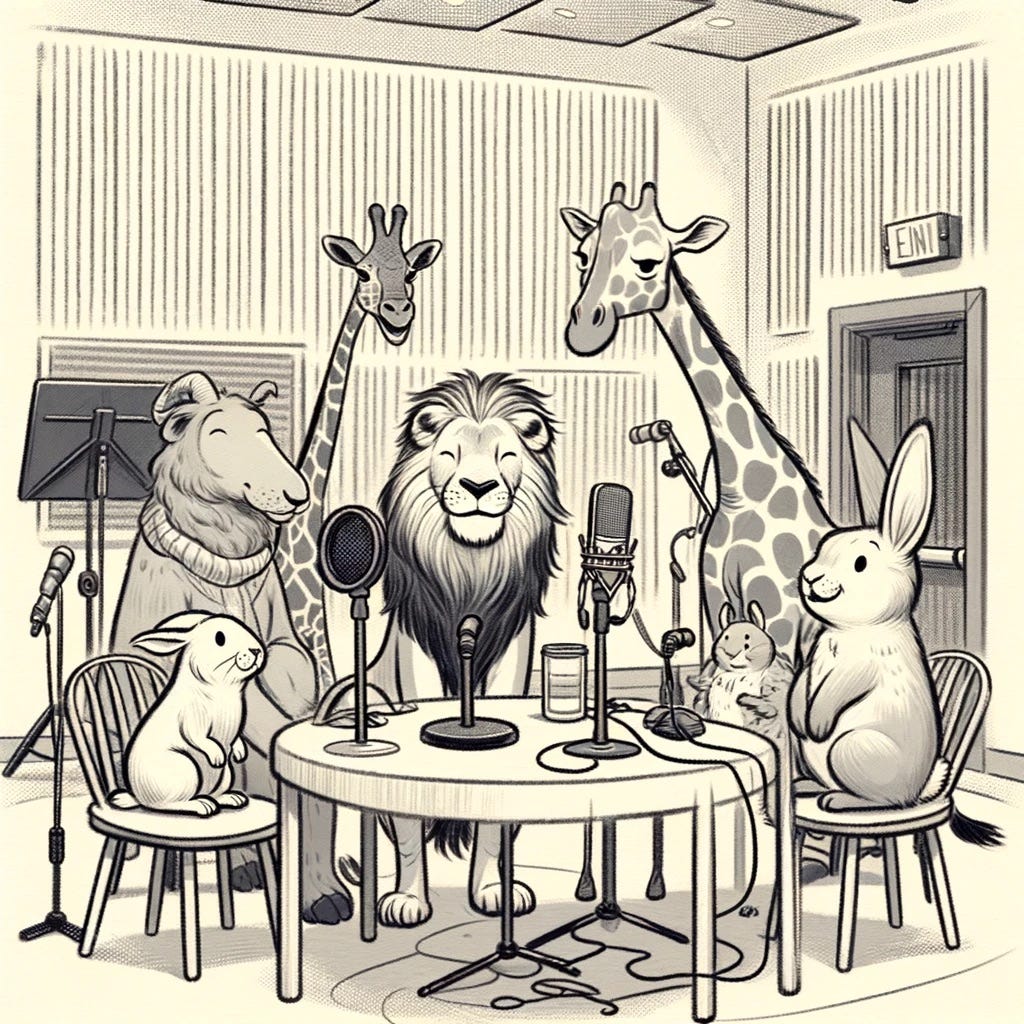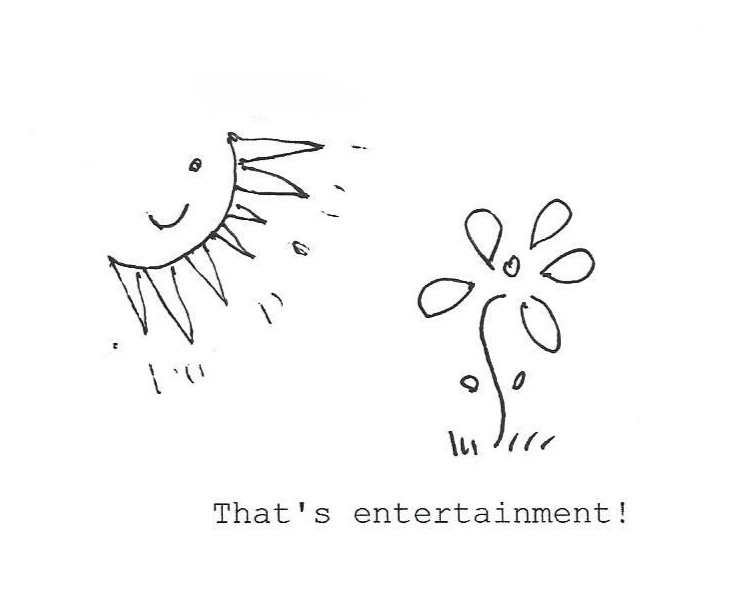Sunday E-dition: Generational Collaboration Can Build a Better Future
By Glenda Winders
NAPA VALLEY, Calif. — Over the past few years, it seems that baby boomers have been under attack by younger generations – gentle, lighthearted, comedic attack, yes, but attack all the same. Remember the “OK boomer” meme that circulated a while back? It made fun of boomers who struggled with new ideas and technology, and at the same time it held this cohort responsible for some of the problems the younger generations have inherited and now urgently need to resolve.
Then came Kristen Knutson’s TikTok videos, titled “Boomer Mom,” that turned up uninvited on my Instagram feed. In these she wears a bathrobe and big glasses, spoofing moms of a certain age who text with one index finger, over-plan events and pretend to gag when a server offers them avocado toast. Another online questioner asked, “If your mom doesn’t have gift bags filled with gift bags she is waiting to reuse, is she even your mom?”
As a boomer mom who texts with one finger and has just such a gift bag (but loves avocado toast), I feel a little bit defensive. People our age had to figure life out just like you and every other generation, I wanted to tell Knutson and whoever was responsible for the meme, and we had our own set of issues along the way. We coped with polio, the Cuban Missile Crisis and the Vietnam War, so we’re not exactly slackers. And we’re the ones who marched for civil rights, started recycling and put into place many of the environmental protections that now seem to be eroding away. And what about you, spending most of your time on your phone, still living with your parents and carping about the millennials who raised you?
“It isn’t that we don’t like cars, houses and the rest — it’s just that we can’t afford them.” Gen Z respondent
We live in a polarized time when we are already divided by political party, race, religious affiliation and gender. Must we now be at odds over which generation we became a part of by accident of birth, even to the point of ridiculing mothers? But unless I do my part to stop the labels and animosity, I can’t expect anyone else to.
To begin my project, I started paying more attention to what people younger than I am are thinking and saying, which has proved to be an eye-opening exercise. I learned, for example, that Gen Zers are statistically more diverse than any age group before them. The Pew Research Center reports that among their numbers are more Blacks, Hispanics, Asians and others than ever before, so that makes future racism unlikely. And with more gender definitions available to them and more people safely delivered out of the closet, they’re less likely to be concerned with how someone identifies sexually than with what is going on inside their heads.
Which promises to be quite a bit because this group is more likely than any before to come from a family of college-educated parents and older siblings. As they move farther away from wars that involved the United States, they are less nationalistic and more global in their perspective. They eschew one-upping with materialism that involves luxurious houses, expensive cars, upmarket restaurants — and yes, fine wines.
They are champions of equality who are likely to leave a shopping or dining establishment if they perceive that the employees are being bullied or people from different races aren’t being treated equally. In their personal lives, they expect a work-life balance — no day planners and 80-hour work weeks for them — and they enjoy spending time in nature. They’d rather shop at thrift stores than high-end boutiques. These are all values that align with my own.
But not every aspect of the Pew Report turned out to be positive. Gen Zers have genuine fears about the future they are being handed by their boomer grandparents and Gen X and millennial parents, and if they’re a little bit mad at us, I can understand why. In their inaugural Generational Power Index, Visual Capitalist revealed that boomers still hold the greatest amount of financial power, some 43.4%, more than Gen X, millennials and Gen Z combined. And they hold 47.4% of political power with their members in Congress, voting and making donations to campaigns. And boomers, who plan to live forever, are less likely to pass the torch. “It’s time to let us have a chance,” a young friend observed.
Indeed, Investopedia says people my age are living in a “longevity economy.” We saved and invested, and our spending power, they quote a Brookings Institute study as saying, is only likely to increase in the years between now and 2030. Our life expectancy, 77.5, is more than earlier generations could expect, and we have lived during the country’s most prosperous years. Younger generations, on the other hand, have come into an uncertain future characterized by a gig economy that offers no health insurance, 401(k)s or pensions. Many have more than one job and report that they don’t find any of them satisfying or meaningful, says a Deloitte Gen Z and Millennial Survey. They are buried in college loan debt, if they made it to college at all.
“It isn’t that we don’t like cars, houses and the rest,” a Gen Z friend responded when I told him about the trends I had discovered. “It’s just that we can’t afford them. Since we will probably be renting our homes and driving used cars for most of our lives, we might as well get used to it.”
And financial and political powerlessness is only the beginning. One of their biggest concerns is the polluted and overcrowded world in which they will be living. Some say they won’t be having children for this reason. They are stymied when they go shopping since sustainable earth-friendly goods are often more expensive than their climate-corrupting counterparts. Another Pew study determined that they want an infrastructure for electric cars, renewable energy sources and taxes on carbon emissions, although some feel they have no voice to make a difference.
Geopolitical instability is also on their minds. One person I polled said he carries a “to-go” bag that contains an ax, tablets to purify water and other tools in his car at all times. He isn’t a radical survivalist — he just has so much anxiety about today’s world that he wants to know he can be safe and take care of himself whatever happens.
Because of anxieties like his, this generation is the most likely to have mental health issues. Of the five Gen Zers I interviewed, two are currently seeing psychiatrists and all of them know someone who has been hospitalized or worse. They blame social media for its round-the-clock doomsaying, but since it has always been a part of their lives, they don’t know how to stop using it.
With all that said, I have to agree with Rivka Galchen, who recently wrote so eloquently in The New Yorker: “The energy and conviction of youth is a superpower, for better and for worse, but young people live on the highest floors of the teetering tower of our civilization, and they will be the last ones to leave the building.” My money is on the Gen Zers, especially after reading a hopeful survey recently done by the United Way that says they lead the way in activism for a better world. And why wouldn’t they? They are in a race for their very survival.
Understanding the legitimate concerns of younger generations, it is evident that generational finger-pointing does little to address our shared challenges. With a shared and challenging future, rather than perpetuating stereotypes, it’s time we focus on working together. In order to heal and move forward, boomers might consider owning both the positive and negative aspects of their legacy and recognizing that younger generations are likely worse off than they were.
By bridging our differences, listening openly and accepting responsibility, we might better leverage the strengths of each generation. With boomers sharing an open willingness to shoulder our share of the burden, we can create a more inclusive and collaborative future. As I embrace this perspective, I commit to supporting and engaging with others, regardless of their age, to make meaningful progress.
If today’s story captured your interest, explore these related articles:
Glenda Winders is a novelist, freelance writer and copyeditor for Napa Valley Features.
Levity Corner
Caption contest: Pick your favorite caption or add your own in the comments below.
Vote for your favorite in the poll below (there’s not enough room in the polls for the complete answers).
"Tell me again about the days before avocado toast."
"Did you ever think we'd make it this far?"
"How did avocados survive before toast?"
"Did people really not know about avocados back then?"
"Tell me about the guacamole-only days."
Last week’s winner
The winning caption, with 40% of the votes was, "Let's talk about the elephant in the room – oh wait, he's late again.”
Last Week
Last week, Virginie Boone explored the evolving role of wine at BottleRock Napa Valley in her article "Under the Hood: What is Wine's Place at BottleRock Napa Valley?" Boone discussed how the festival, known for its integration of music, food, wine and brew, faced criticism over the quality and cost of its wine offerings. Despite some negative feedback, first-time participants like John Skupny of Lang & Reed reported positive experiences. The article also highlighted the festival's challenge of balancing the appeal of wine with the popularity of more affordable beer and spirits.
Rosemarie Kempton highlighted the efforts of Napa teens who are addressing mental health issues through SHINEcast in her article, "Napa Teens Champion Mental Health with SHINEcast." The podcast, created by students from various local high schools, combines traditional discussions with modern technology to explore mental health topics, aiming to break down stigmas and share real-life experiences. SHINEcast has produced four episodes so far, covering topics such as body image and academic pressure, and plans to tackle subjects like healthy relationships and self-love in future episodes. The initiative, part of the SHINE Napa Valley collaboration, benefits from local support and aims to improve access to mental health resources for students.
Cindy Watter shared insights on protecting California native bees in her article, "Celebrating and Protecting Native Bees," in recognition of National Pollinator Week. Highlighting the superior pollination abilities of native bees over honey bees, Watter discussed various species, including the carpenter bee, leafcutter bee and blue orchard bee, and their unique nesting and foraging behaviors. She emphasized the threats these essential pollinators face, such as habitat loss and climate change, and suggested planting native flora like ceanothus and California poppy to support their populations. Watter also noted efforts to create pollinator-friendly habitats and encouraged participation in local conservation initiatives.
Dan Berger delved into the intricacies of wine descriptions in his article "Describing Great Wines." Berger explored how language shapes our perceptions of wine, highlighting the vagueness often found in common descriptors like "soft and rich" or "dark and concentrated." He noted that while detailed, poetic reviews can express a writer's enthusiasm, they can also obscure the wine's actual qualities. Berger emphasized the importance of specificity in wine reviews to provide clearer expectations for consumers, suggesting that balanced and characterful wines deserve recognition alongside those with more intense flavors.
Tim Carl discussed the overwhelming nature of verbose journalism in his article, "The Tsunami of Words Is Only Growing, Along With the Impact." Carl argued that the flood of daily words — increasingly AI generated — is causing some readers to feel overwhelmed, contributing to a decline in the effectiveness of the traditional journalistic model. Perhaps counterintuitively, he suggested that more local, focused writing will be needed to better serve readers and their communities and adapt to the changing media landscape.
Next Week
Next week we have more interesting articles from a host of Napa Valley Features contributors. Dan Berger will explore Napa Valley wines. On Wednesday, the Master Gardener series will continue with timely gardening tips for our region, and the Weekender will cover events around the valley. Kathleen Scavone will discuss plants and the diet of local Native Americans, while the "Under the Hood" series will explore the impact of red flag days. There will be lots more, too. Stay tuned.








Great article and observations Glenda ! Nicely researched. Thank you
Great article. Thank you. Very important topic.